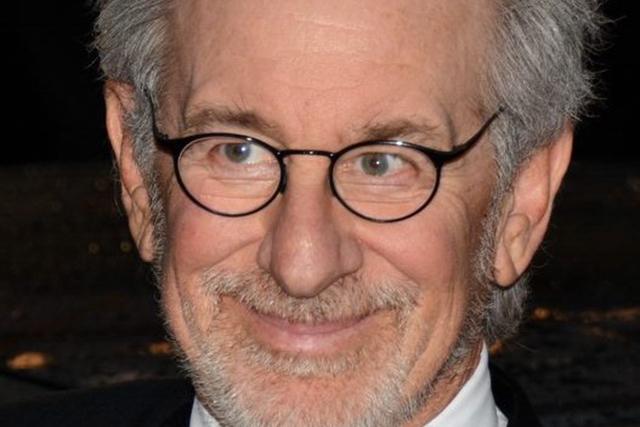
Photo Courtesy of Georges Biard, Wikipedia
With Steven Spielberg on his streak of directing history-centric movies, it doesn’t come as a surprise that he took on “Bridge of Spies,” a Cold War-era film based on the true story of an insurance lawyer who is requested to negotiate a trade after defending a convicted Soviet spy in trial.
He took some serious notes from his previous historical film, “Lincoln,” which really translated into the cinematography. The first part of the movie, which introduces Russian spy Rudolf Abel (Mark Rylance), has little dialogue and no score. No music is played until the following scene, introducing the protagonist, James Donovan (Tom Hanks). More dramatic effect was conjured up with the occasional absence of sound, making the scenes more intense. Especially in the first scene, the lack of dialogue and music intensifies the moment when Abel uncovers suspected spy contraband.
Spielberg tastefully applies Thomas Newman’s moving score intermittently in order to draw emotion from viewers. Camera shots, as well as music are used in the pivotal scene, where Francis Gary Powers (Austin Stowell), the pilot who is detained by the Soviets, intensifies his struggle to escape from his crumbling aircraft. The writing eloquently conveys the grim event's details, while following up excessively depressing material with comedic relief.
Hanks is the primary source of comedic entertainment; he captivated audiences with his noble character. When faced with tough decisions with no way out, he does what is expected of him, while making light of the situation.
The color scheme of the film is notably muted, adding to the overall effect of feeling as if one was immersed in the time period. The contrasting tones of scenes, when Donovan is in New York versus when he goes to Berlin, show the depth of emotions Spielberg can conjure. When Donovan is in New York, audiences can feel the power and security he has there. The gray scale shots in Berlin show the devastation in the city; the audience can emptahize with the powerlessness that Donovan feels.
With “Bridge of Spies,” it is evident that Spielberg has entered into a new chapter of his career and is on the path to create more Oscar-bait content. The writing was strong, as it had a balance of serious and humorous tones. Hanks and Rylance had great chemistry throughout the whole movie, which livened their characters and made the story truly believable. Although it isn’t entertaining enough to watch for pleasure, it is a technically perfect piece, which Spielberg can add to his long list of popular films.
alevine@ramapo.edu





